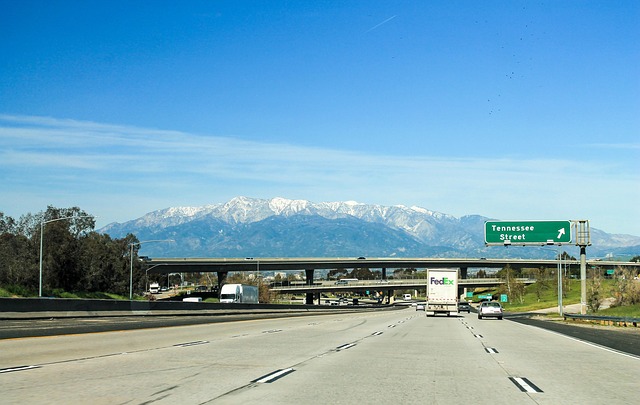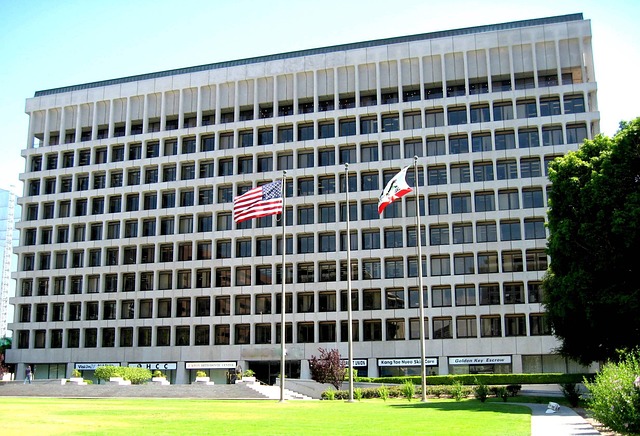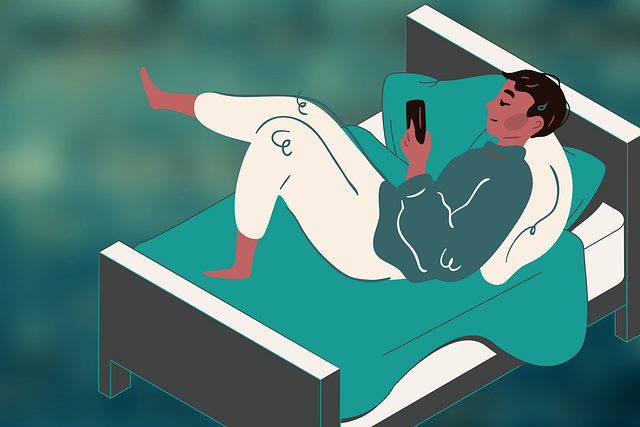Los Angeles residents affected by spam calls can protect themselves legally with help from a lawyer for Do not call Los Angeles. The Telephone Consumer Protection Act (TCPA) prohibits excessive marketing, and experts can guide victims through FTC complaints or direct legal action against spammers. By registering on the National Do Not Call Registry, blocking numbers, and tracking caller IDs, residents can reduce unwanted calls. Consumer advocacy groups and specialized lawyers push for stricter regulations, educate on rights, and offer collective action against call centers.
Los Angeles, known for its vibrant neighborhoods, is also a hub for unwanted robocalls and spam. This guide delves into the most affected areas, offering insights on identifying high-risk zones. We explore legal protections, including how to stop and track local sources of these nuisance calls. Additionally, we discuss the vital role of consumer advocacy in strengthening Do Not Call lists. If you’re a Los Angeles resident seeking relief from spam calls, contacting a knowledgeable lawyer for Do Not Call in LA can provide much-needed assistance.
Identifying High-Risk Areas in LA for Spam Calls
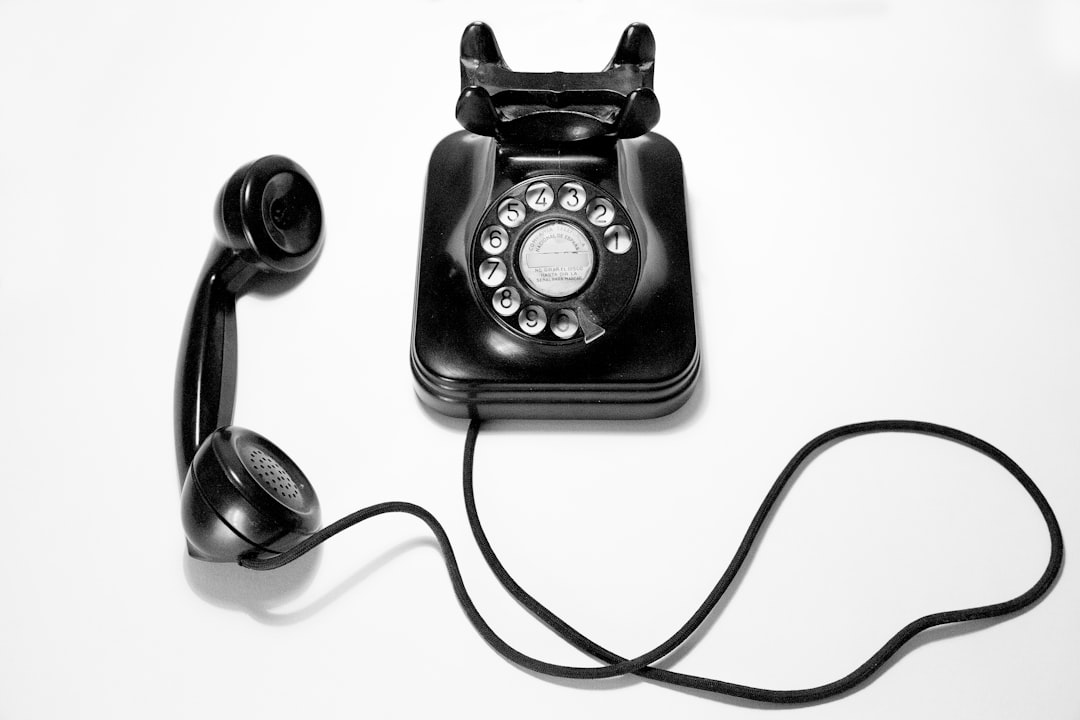
Identifying high-risk areas in Los Angeles for spam calls involves analyzing various factors that make certain neighborhoods more susceptible to these unwanted intrusions. Demographic data plays a significant role; areas with higher populations and diverse age groups often attract more telemarketers due to the potential for increased consumer engagement. Additionally, Los Angeles’ vast size and varied communities mean that specific districts may have unique characteristics. For instance, areas with a high concentration of residents who speak languages other than English might be targeted by calls designed to bypass language barriers.
Geographical proximity to call centers or business hubs can also elevate risk levels. Nearness to major highways or commercial districts facilitates easier access for call center operations, potentially increasing the volume of outgoing spam calls. Moreover, neighborhoods with a high proportion of homeowners who use landline phones rather than cell phones are more vulnerable since landlines are traditionally harder to block. Locals seeking relief from these nuisance calls can consult with a Do Not Call lawyer in Los Angeles to understand their rights and explore legal options against persistent spammers.
Legal Protections Against Unwanted Robocalls
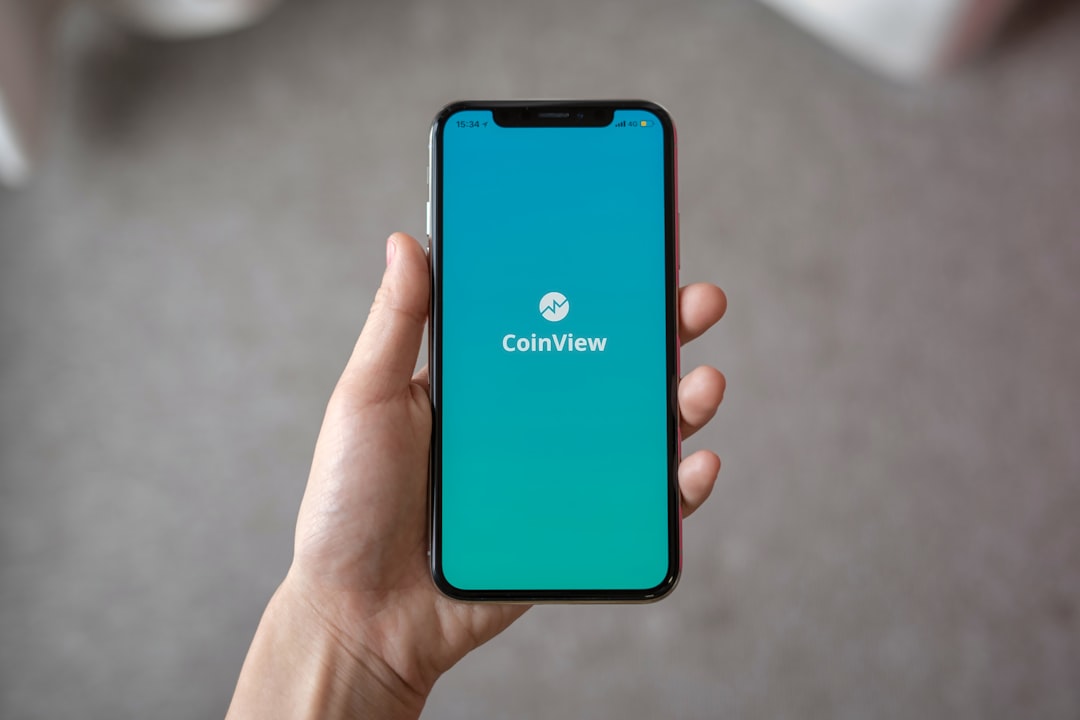
In the face of widespread robocalls and spam, residents in Los Angeles have legal protections in place to fight back against these unwanted intrusions. The Telephone Consumer Protection Act (TCPA) is a federal law designed to curb excessive phone marketing and protect consumers from prerecorded or automated calls. This legislation allows individuals to file lawsuits against violators, seeking damages for each violation of their “do not call” rights.
If you’re tired of receiving nuisance calls in Los Angeles, considering hiring a lawyer specializing in the do not call act can be a strategic move. They can help navigate the complexities of the TCPA and ensure that your rights are protected. These legal experts can also guide you on whether to file a complaint with the Federal Trade Commission (FTC) or pursue legal action against the perpetrators directly.
How to Stop and Track Local Spam Call Sources

Spam calls and robocalls can be a nuisance, but there are ways to combat them effectively. One crucial step is to register your number with the National Do Not Call Registry. This federal database restricts telemarketers from calling registered numbers, offering some relief from unwanted calls. Additionally, many smartphones have built-in call-blocking features or apps that can identify and block local spam sources. Utilizing these tools can significantly reduce the volume of nuisance calls you receive.
For those dealing with persistent issues, consulting a lawyer specializing in Do Not Call laws in Los Angeles could be beneficial. They can guide individuals through legal options, such as seeking damages for violation of privacy or taking collective action against call centers known for spamming. Tracking local spam call sources is essential; review your call history and note down numbers frequently appearing on your caller ID. This information can be valuable when reporting spam to relevant authorities or when considering legal recourse.
The Role of Consumer Advocacy in Do Not Call Lists

In the ongoing battle against robocalls and spam calls, consumer advocacy plays a pivotal role in protecting residents’ privacy and peace of mind. Los Angeles neighborhoods, like many urban areas, have been particularly hard hit by these unwanted phone inquiries. One effective measure to combat this issue is the Do Not Call List (DNC), which allows individuals to register their phone numbers to prevent receiving telemarketing calls. However, enforcing and maintaining the DNC list requires constant vigilance. This is where consumer advocacy groups and lawyers specializing in Do Not Call laws in Los Angeles step in.
These advocates push for stricter regulations and better enforcement to ensure that businesses adhere to the DNC list guidelines. They educate consumers on their rights and provide legal assistance when necessary, helping those affected by spam calls take action against offending companies. By advocating for stronger protections, consumer groups contribute to a more robust system, making it easier for residents of Los Angeles neighborhoods to enjoy peace from intrusive phone marketing attempts.



